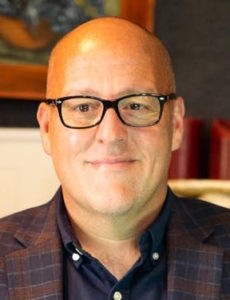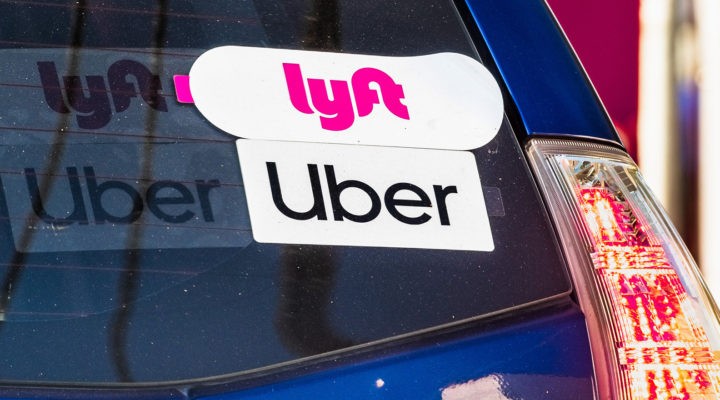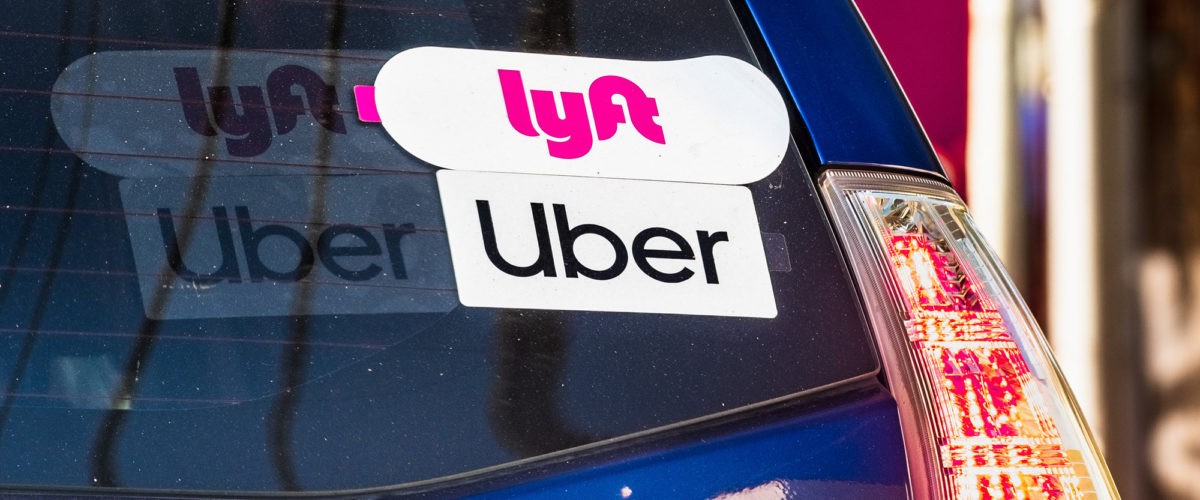If you want to know what is going on with the U.S. labor market, take an Uber somewhere in a large city and spend the time getting to know your driver. Last week, Ana, my driver from downtown Nashville to the airport, gave me a master class in piecing together side hustles.
She’s from Atlanta and manages Airbnbs for a woman who owns a handful of short-term rentals in Georgia and who is looking to expand her business into Nashville. Her boss asked her to spend a week in the Music City to scope out neighborhoods, identify promising “For Sale” signs, and get a general feel for the city and where the potential for growth is. So rather than just driving around town to complete her job for her boss, she decided she’d make extra cash by Ubering her way through the city. So, two incomes doing, essentially, one job.

Craig Nash
And there’s more.
In addition to looking for properties for her boss to purchase, she’s also saving up money and looking for a duplex to purchase for herself. She’ll live in one half and rent out the other to pay for her mortgage.
And, of course, there’s more.
She’s in the process of creating a nonprofit designed to help mentor young women of color (she’s half Black, half Mexican) on how to create passive income. She spoke of generational wealth and how this country denied that to people like her for so many generations, and that she knows they aren’t going to rectify that on their own so she’s going to go out and take it and teach others how to do that.
Throughout our entire conversation, she kept uttering phrases like “people need to know” and “this is what’s happening now” and “there are so many of us out here.”
When you see simultaneous news reports that fewer people are applying for unemployment benefits, and at the same time there is a labor shortage, think of this young woman. There’s not a labor shortage. There are traditional jobs in need of being filled, and the people who have historically filled them have decided to “take their talents elsewhere.”
As a country, we’ve basically decided a long time ago that we aren’t going to demand living wages for the working class, or for everyone to be guaranteed the dignity of basic health care, and we’ve decided that groups of people who have been historically oppressed won’t receive justice and equity for the situation our nation has put them in.
“People are taking those things into their own hands.”
So people are taking those things into their own hands. They are “seizing the means of production,” if you will. These are the people, from teenagers to senior citizens trying to get a little extra on their fixed incomes, who five years ago would have been working in our restaurants.
They’ve had enough, and “people need to know.”
I originally shared Ana’s story on social media to comment on the labor market, and mostly as a response to those who believe the lack of workers stepping forward to fill traditional jobs is a sign of people’s general laziness and dependency on government. But she has just as much to teach churches that are picking up the post-pandemic pieces of a world that looks nothing today like it did yesterday.
And the lesson is only minimally about what churches need to do in light of the fact that predictable church attendance has been shaken. Mostly, it’s about being aware of where people are. Someone who was 100% committed to a congregation and attended almost 100% of services before the pandemic may now be 100% committed to a congregation and only attend half the services, and that may not be because they prefer lazing around the house and worshipping from their couch. It could be because they are out hustling for the things in life that institutions have failed to provide.
There is no shortage of prognosticating about what this moment will mean for the world and, especially, for our churches. I will not presume to know more about what the future holds than I do, which is very little. But I know Ana and others like her are out there, and people need to know.
Craig Nash lives in Waco, Texas, and works for the Baylor Collaborative on Hunger and Poverty. He is a graduate of East Texas Baptist University and Baylor’s George W. Truett Theological Seminary. He is active in the life of University Baptist Church in Waco.
Related articles:
Finding utopia: Does God promote economic equality? | Opinion by Jason Coker
Social liberalism grows while economic conservatism still dominates


